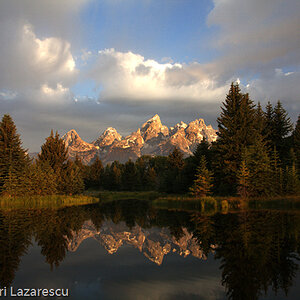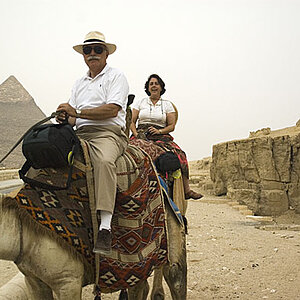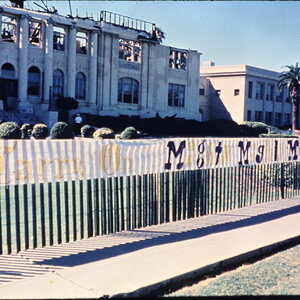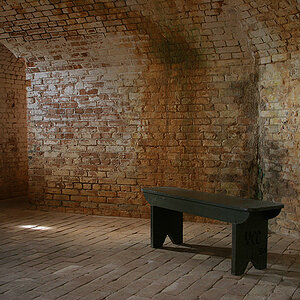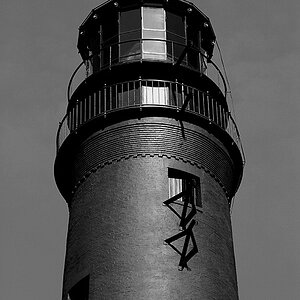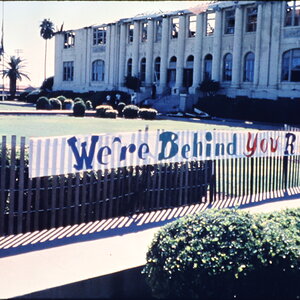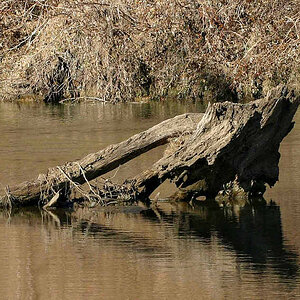- Joined
- May 1, 2008
- Messages
- 25,418
- Reaction score
- 4,999
- Location
- UK - England
- Website
- www.deviantart.com
- Can others edit my Photos
- Photos OK to edit
I am reminded of stories of ancient Kings denouncing the use of Crossbows when they first became popular; because the user needed almost no training. Any soldier could just point and shoot. Compare that to a bow and arrow user, who had to undergo a whole lifetime of training to become equally proficient. Use of the Crossbow was seen as dishonourable for a long time before generals started to realize that maybe nothing should matter but getting the shot.
Get it? Getting the shot?
Sorry, I've been playing Medieval 2:Total War for like 4 hours today. My mind's in that place.
the same thing happened (on a large scale I believe) when guns were introduced - knights walked out at the ignoble thought of being forced to use such a weapon.



